Most families today have someone who is a professional nurse in them. Besides constantly being pressured to take medicines or follow the doctor’s advice, there are some things that family members of nurses all have in common. If you have an angel of the sick room in your family, you can probably relate and know a thing or two about being raised by a nurse. And if you’re a nurse with no kids yet, well let’s just say your future offsprings can relate to this post.
1. Role playing is your favorite childhood game.
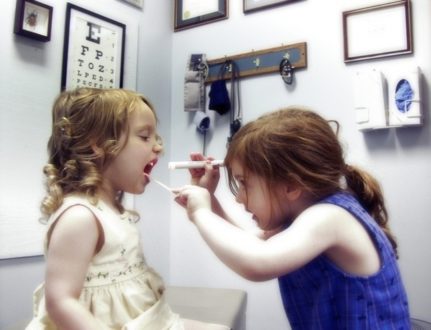
As a child, you love to being the doctor or the nurse during your playtime because you aspire to be like them. Teddy bears, dolls, robots or your younger sibling are your regular patients and your medical kit is composed of an actual stethoscope and a sphygmomanometer!
2. You have to be bleeding to death or in altered level of consciousness to be rushed to the ED.
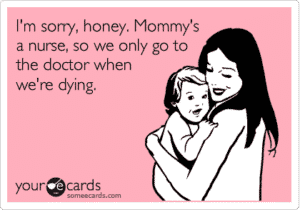
A simple fever may alert other parents but not a nurse. Before opting for a check-up, independent nursing actions such as a tepid sponge bath to lower temperature are carried out first by them. Rushing someone who is sick to the emergency department will only become their option if their clinical eye judged you into really having something unusual and then, and only by then, you’ll get to see the doctor. And if you do get sick, they have a list of all your previous medications prescribed by your doctor and in most cases, these medications are readily available in the first aid kit or even in their purse.
3. You know your medical jargon.
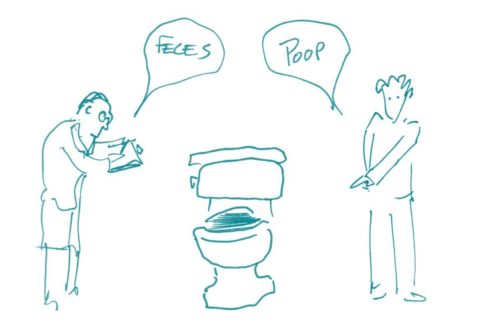
Growing up, you don’t simply say that you have a tummyache, instead you’ll use the proper term diarrhea. And you know that the ache on your stomach is not only on the “side” but rather on the right upper quadrant. If your head is hurting, you say that you’re having a migraine or a headache. And if you are hungry and feeling a little shaky, then you can say that you are experiencing hypoglycemia to make it sound clever. You tend to adapt these terms in the long run because of what you hear from a nurse at home.
4. You have a healthy fear of getting near them when they get home from work.
Knowing that they come in contact with different patients of different cases, you know that you can’t immediately give them hugs or kisses unless they take a bath first. And if close contact is inevitable, they’ll take immediate actions by reminding family members that they might pass any unwanted diseases or infections to them if they come in close contact.
5. Your school projects are made with surgical tape and various medical supplies from the hospital.
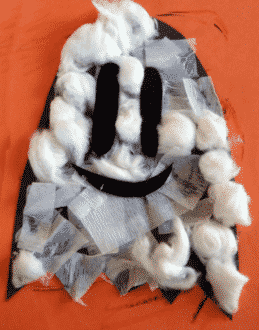
While other kids only knew the conventional tape, you, on the other hand, know that there are cloth adhesive tapes and different types of medical tapes. Your craft projects for school are decorated with gauzes, cotton balls, tourniquets, tongue depressors, and etc — made of course, with the help of a bandage scissors rather than a regular scissors.
6. You’re used to them working in weird schedules, weathers and time of the week.
Because of their hectic schedules, nurses might forget special occasions such as birthdays, anniversaries or graduation. But in case they need something important to attend to, they might switch their schedules or ask a family member to switch theirs. Also, storms, hurricanes and other natural calamities won’t stop them from going to work and you’ve understood that that is when they are needed the most. Their schedules may be complicated but they will always find time and way to attend a special occasion or activity in the family.
7. Your things at home are replaced by hospital equipments.
If you cannot find your kitchen scissors, then you might be shocked if you found a bandage scissors at home. If you have a school project and a tape is not available, they might make use of a surgical tape to get the job done. Nurses are very resourceful and can solve problems through the aid of their hospital equipments brought at home!
8. You have an unlimited supply of alcohol pads.
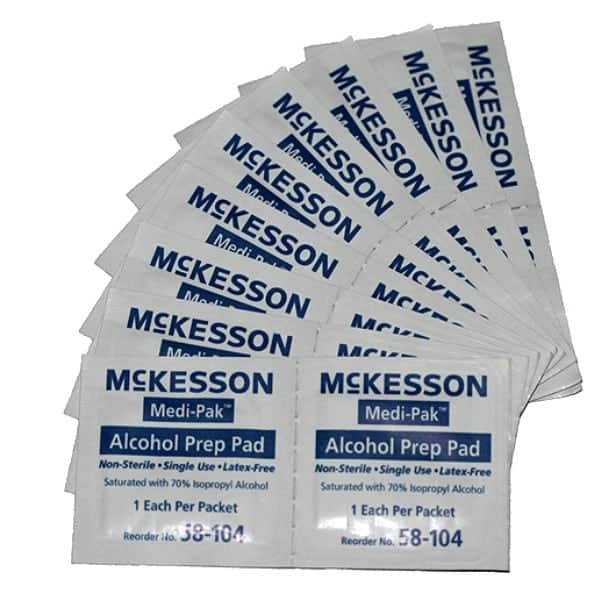
They’re everywhere in your house. You use them to clean your jewelry, wipe your phone, and etc. And thanks to them, you have an unlimited supply of alcohol pads!
9. You’re not easily disgusted
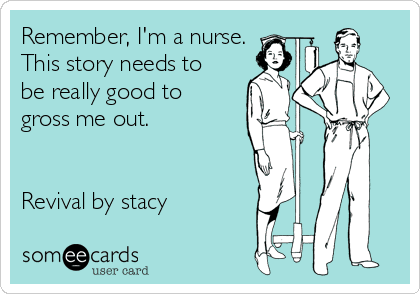
And just like a real nurse, disgusting stories you hear needs to be really sickening to gross you out. All those years of dinner conversations about how your nurse dad help sewed up a lacerated neck, or how your nurse mom cleaned up a patient with copremesis, helped you to have a more tolerating stomach.
10. Your nurse at home has all sorts of medical advice for their relatives, neighbors and even strangers.
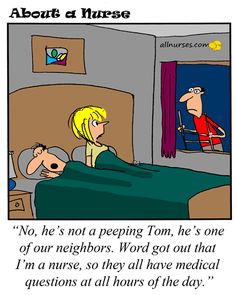
From health problems, sex questions, to weirdest health issues – nothing was off limits and they have an answer for every question. Their answers are not just based from the book, but through medical practice and experience.
11. You developed a proper handwashing habit.
Handwashing, as a universal precaution, is the single most important tool to avoid transmission of disease-causing microorganisms. Because this is frequently done in the hospital by your family nurse, then they will surely teach you how to do it correctly at home so that this will become your habit. Also, if you are travelling and far from home, expect a readily available hand sanitizer — just put out your hand! If you failed to wash your hands, expect nagging reminders from them!
12. You can never fake a symptom.
You have failed many times to skip class by exaggerating the symptoms you’re experiencing or acting out a symptom you don’t have at all. Nurses are true pros and can tell whether you’re acting it out or not. They have been through too much training and experience to be tricked!
13. You know where babies come from.
While other parents are struggling to explain the birds and the bees, you, as young as you are, already know where you really came from. You know the entire “baby making” process: from ovulation, to fertilization, to the final stage of labor and you know the body system responsible for this is the reproductive system.
14. You knew your parent’s colleagues by their initials.
You know the difference between LPN, M.D., B.S.N, R.N., M.S.N, D.N.P. and more.
15. You know that their pockets are treasure chests.
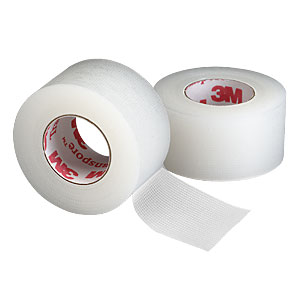 Their pockets always held treasures like tape, lots of alcohol swabs, pens, and if you’re lucky, even candies.
Their pockets always held treasures like tape, lots of alcohol swabs, pens, and if you’re lucky, even candies.
16. Watching medical dramas are no fun.
You skip watching medical dramas because you listen to someone complain how unrealistic they are.
17. You understand the fascination of nurses to people with great veins.
You can definitely grasp why your nurse mom is leaning forward to see clearly the veins of a hunky cashier handing your grocery store change. Or that one time when an actor in the movie you’re watching made your mom comment “He has some beautiful veins, I could stick a gauge 14 needle on that thing!” Prominent veins are basically “nurse porn” for them!
18. And when you do get sick, you’re comforted by the fact that you are being cared by the best in the best possible way.
They know your body better and they know all sorts of medical stuff. They’re your real life superheroes ready to care for you 24/7 and that is the real benefit of living with a nurse!

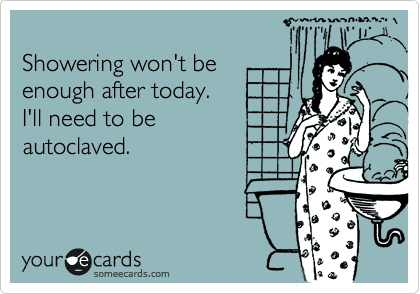




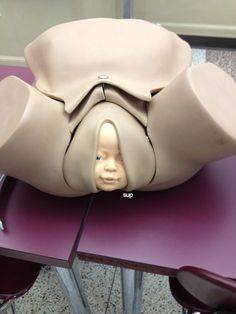


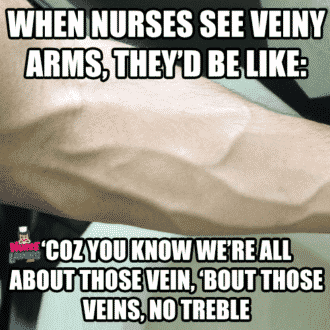

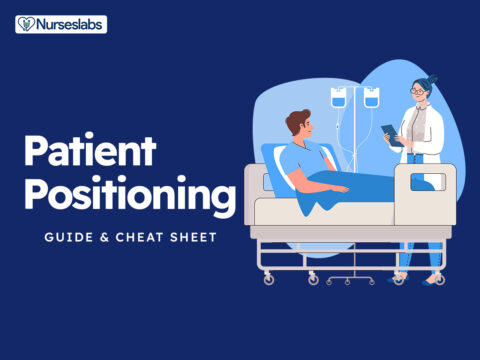
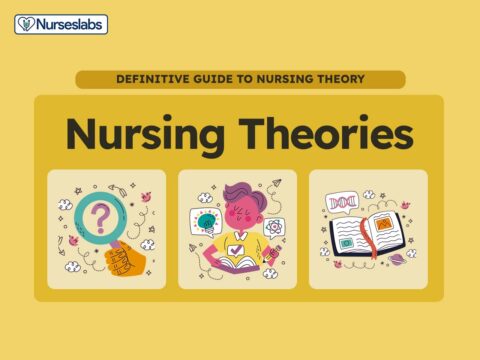
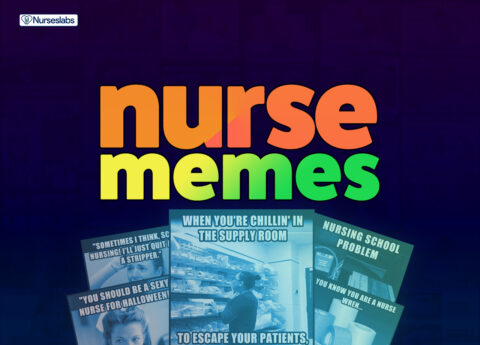
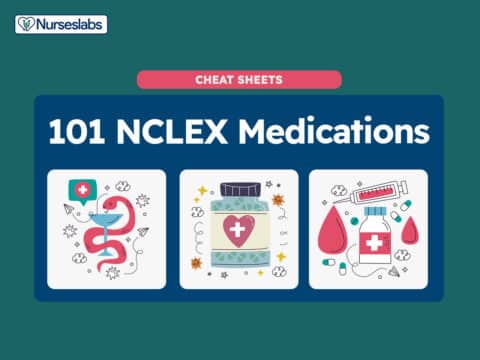
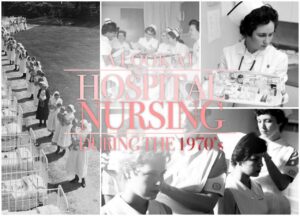

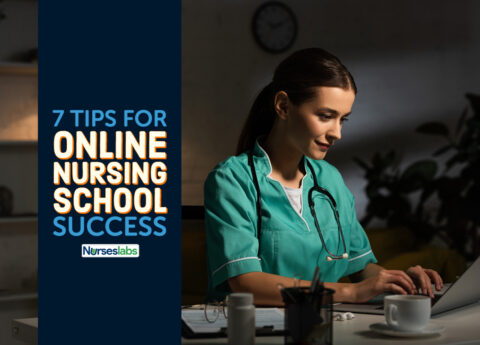
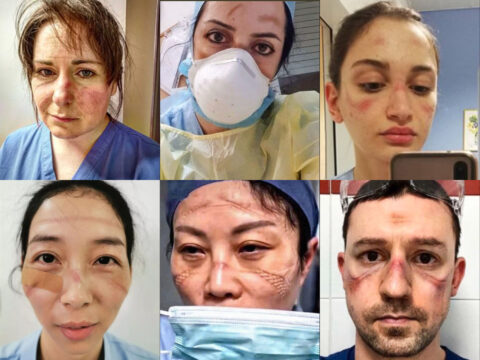
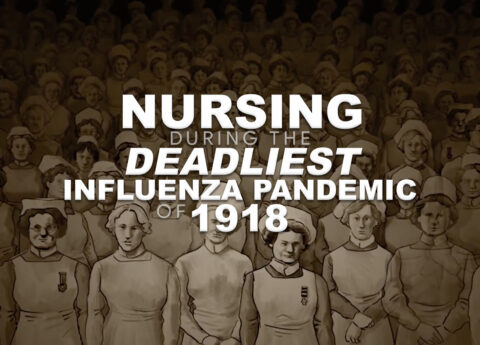



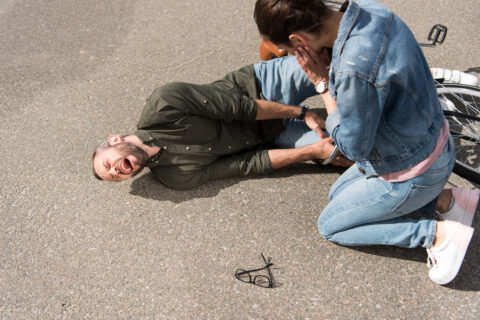


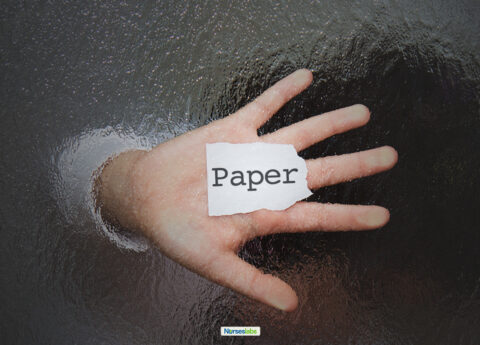
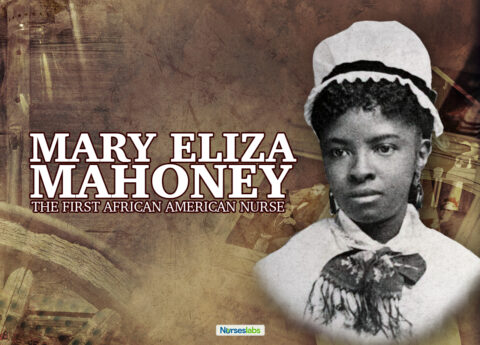







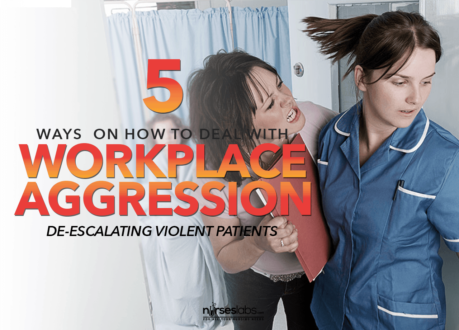

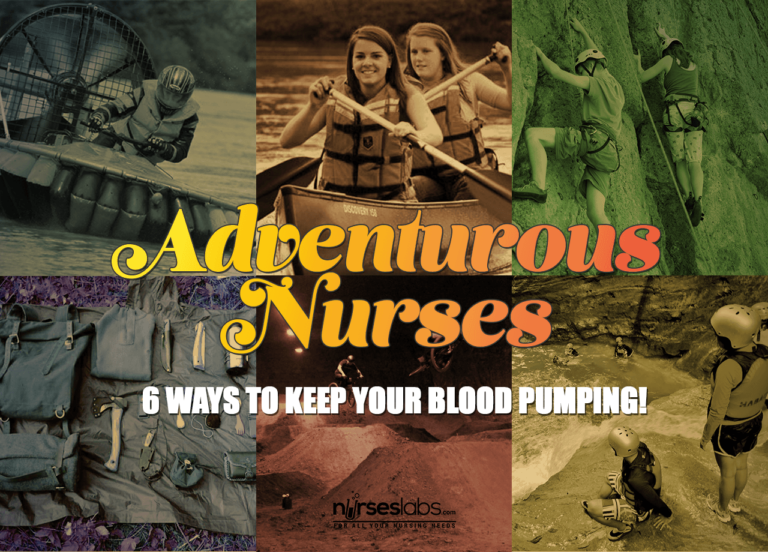

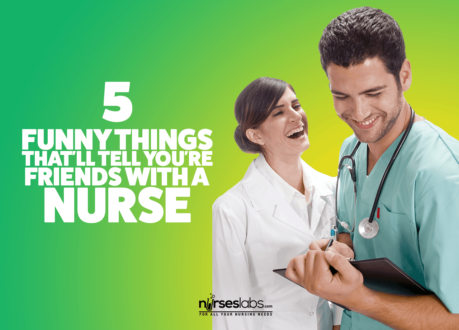

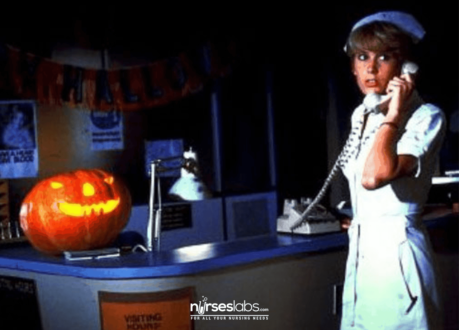
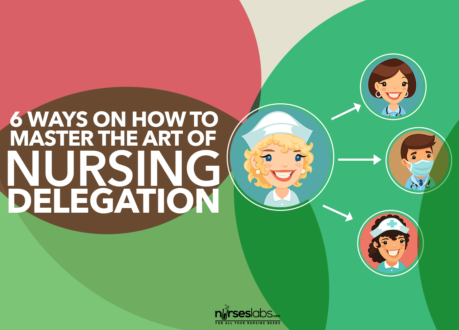
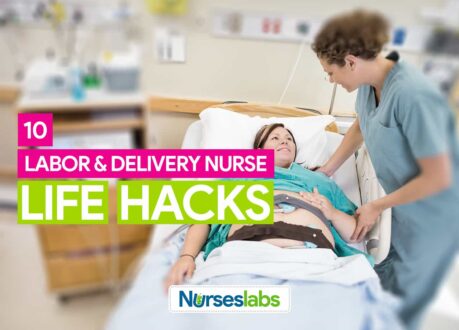
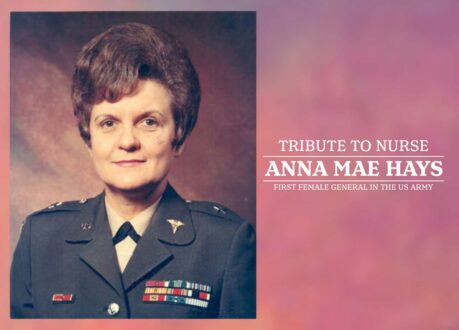
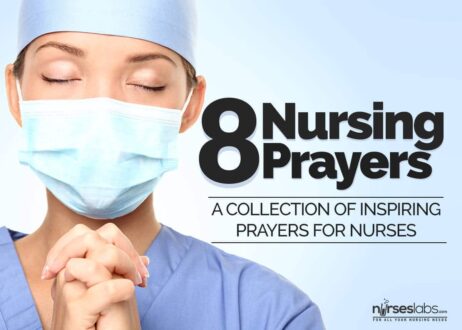
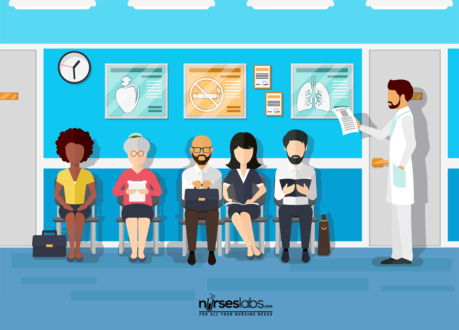
Leave a Comment